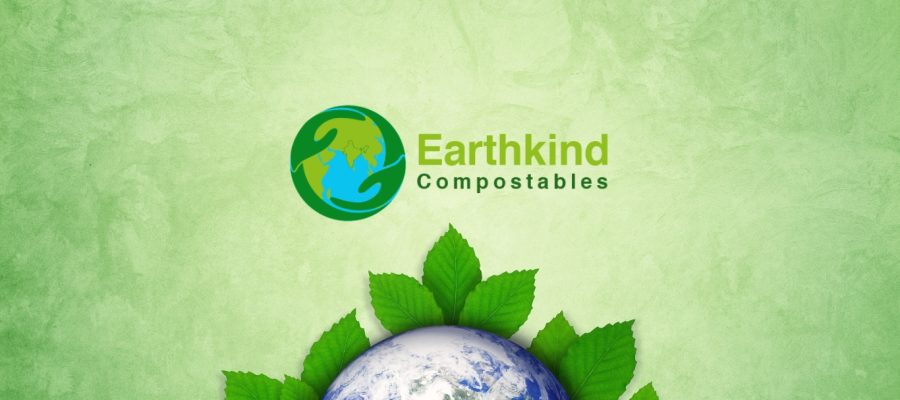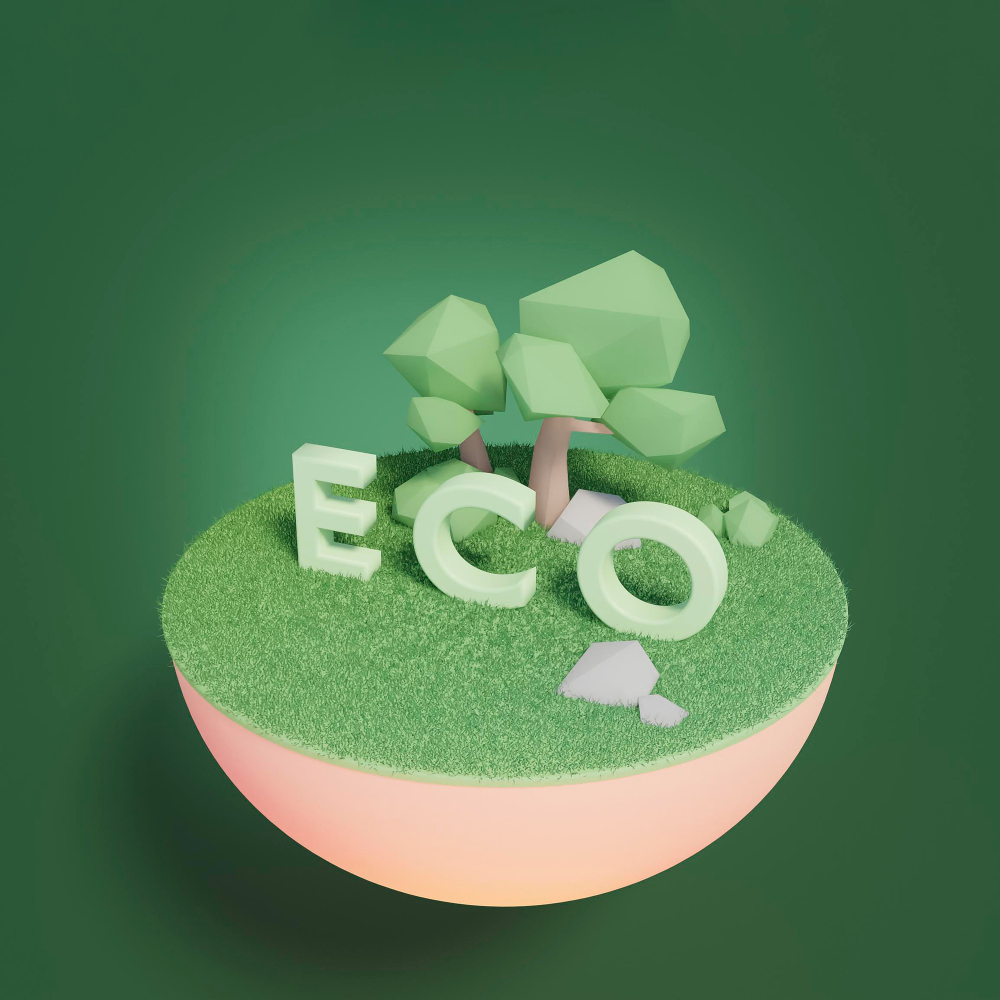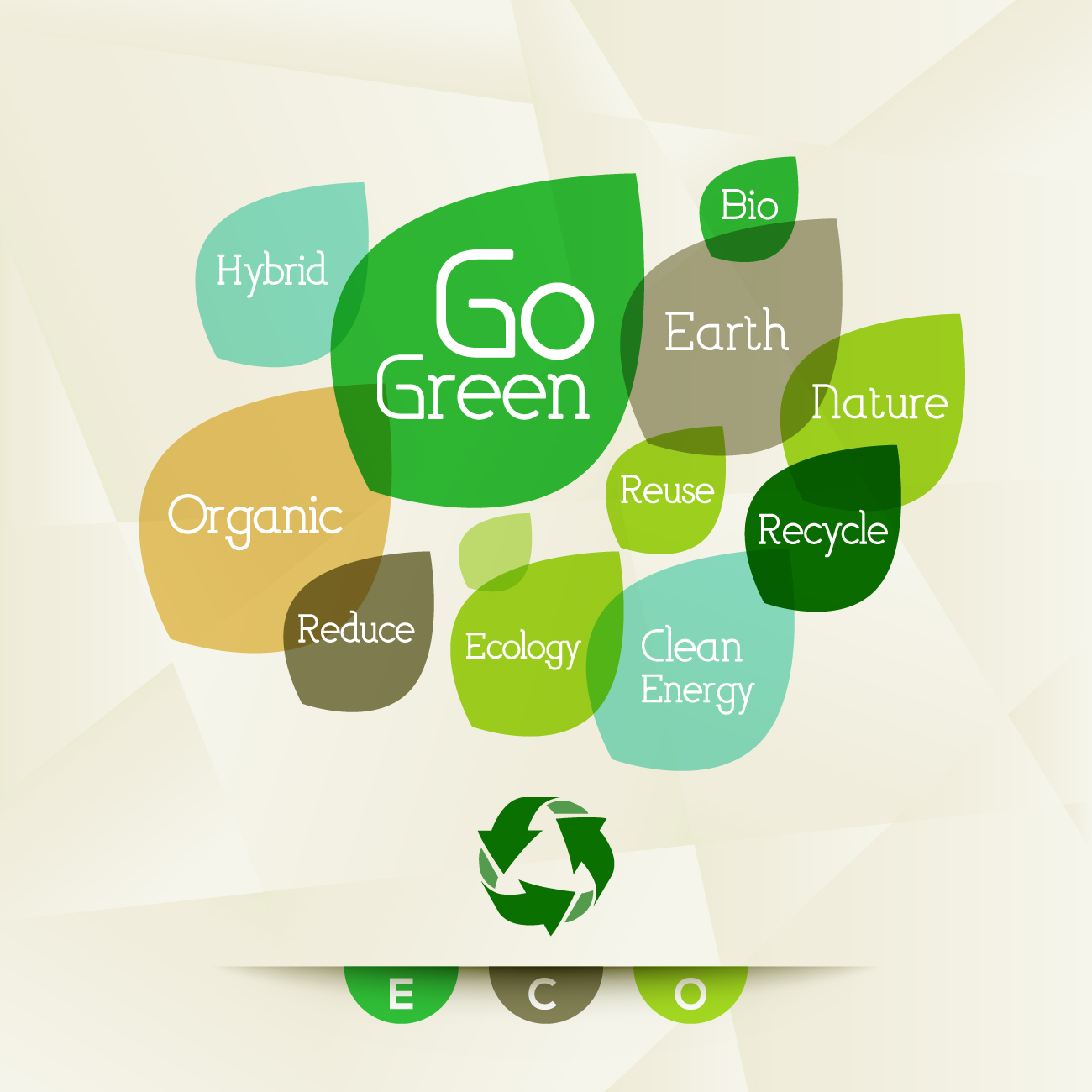Why Choose Compostable Products Over Traditional Plastics?
In today’s world, plastic pollution has become a major environmental concern. Traditional plastics, which are made from petroleum-based materials, take hundreds of years to break down, contributing significantly to land and ocean pollution. As awareness of environmental issues grows, compostable products are emerging as a sustainable alternative. But why should you choose compostable products over traditional plastics? Let’s explore the key reasons.
Environmental Benefits
One of the biggest advantages of compostable products is their ability to break down naturally into non-toxic components. Unlike traditional plastics, which remain in the environment for centuries, compostable materials decompose within a few months under proper conditions. This reduces landfill waste and prevents plastic pollution in oceans, rivers, and natural habitats. Additionally, compostable products do not release harmful microplastics into the environment, making them a safer option for wildlife and ecosystems.

Reduction of Carbon Footprint
Compostable products are usually made from renewable resources like corn starch, sugarcane, or bamboo. Unlike traditional plastics, which are derived from fossil fuels, compostable materials require less energy to produce and generate lower carbon emissions. By switching to compostable alternatives, businesses and individuals can significantly reduce their carbon footprint, helping to combat climate change and promote sustainability.
Health and Safety
Traditional plastics contain harmful chemicals such as BPA and phthalates, which can leach into food and beverages, posing health risks to humans. Long-term exposure to these chemicals has been linked to various health issues, including hormonal imbalances and certain diseases. Compostable products, on the other hand, are made from natural ingredients and do not contain toxic chemicals, making them a safer choice for packaging food and beverages.
Waste Management and Soil Enrichment
When compostable products are disposed of correctly, they break down into nutrient-rich compost that benefits soil health. This organic matter enhances soil fertility, improves water retention, and reduces the need for chemical fertilizers. In contrast, traditional plastics create waste that remains in landfills for centuries, contributing to pollution and soil degradation. Composting is a natural recycling process that supports a circular economy, turning waste into valuable resources.
Government Regulations and Industry Trends
Many governments worldwide are implementing stricter regulations on plastic use and promoting the adoption of compostable alternatives. Bans on single-use plastics and incentives for businesses to use sustainable materials are driving a shift toward eco-friendly products. As a result, many industries, including food packaging, retail, and hospitality, are embracing compostable products to align with environmental regulations and consumer demand.
A Step Towards a Greener Future
Choosing compostable products over traditional plastics is a small yet significant step towards a cleaner planet. By making the switch, individuals and businesses can actively contribute to reducing plastic pollution, conserving natural resources, and promoting a sustainable future. With growing awareness and advancements in technology, compostable alternatives will continue to play a crucial role in the fight against environmental degradation.
Conclusion
The need for sustainable solutions has never been more urgent. Compostable products offer a practical and eco-friendly alternative to traditional plastics, helping to protect the environment, reduce waste, and promote a healthier future. By choosing compostable materials, we can all contribute to a cleaner planet and make a positive impact on future generations.




